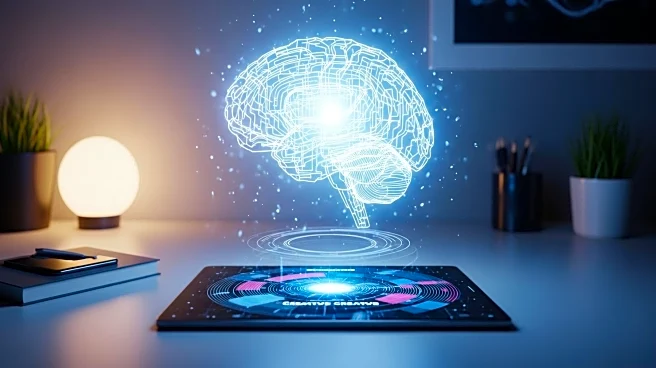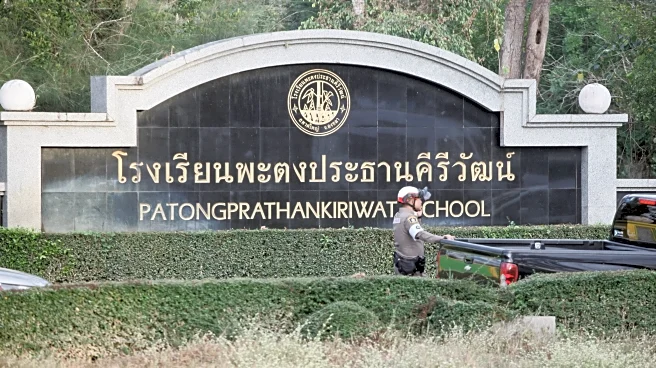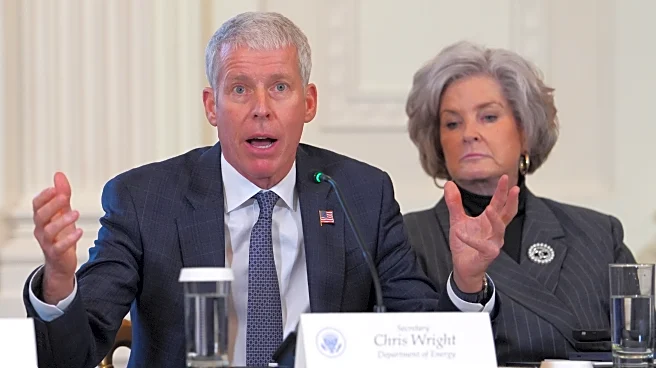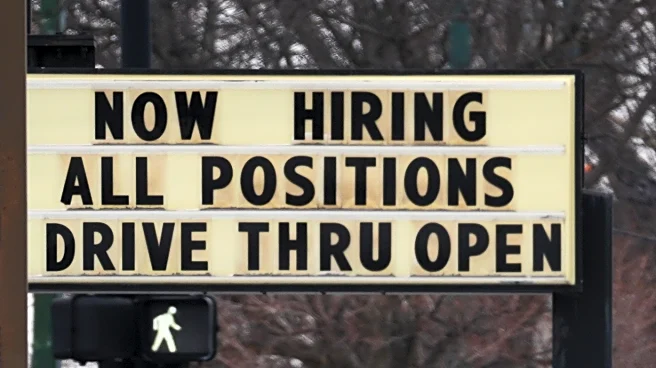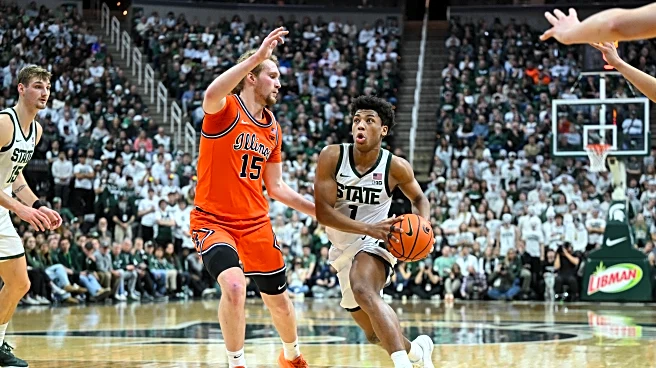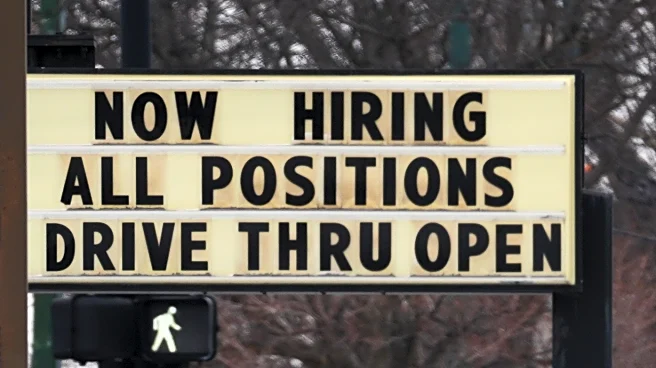What is the story about?
What's Happening?
Edward Saatchi, CEO of Amazon-backed startup Fable, has made a bold statement regarding the future of creativity, suggesting that AI could potentially mark the end of human creativity as an exclusive domain. Saatchi's comments were made during an interview on CNBC, coinciding with Fable's initiative to use AI to reconstruct lost footage from Orson Welles' 1942 film, The Magnificent Ambersons. The project aims to recreate the director's original vision using AI technology, despite the destruction of the original footage. Saatchi envisions a future where AI-generated entertainment becomes commonplace, with studios potentially monetizing AI-created content alongside traditional releases.
Why It's Important?
Saatchi's perspective on AI's role in creativity highlights a significant shift in the entertainment industry, where AI could become a major player in content creation. This development could lead to new revenue streams for studios and filmmakers, as AI-generated scenes and features offer fresh opportunities for engagement and monetization. However, it also raises concerns about the impact on jobs and the creative process, as AI's capabilities continue to evolve. The potential for AI to collaborate with human creators could redefine the boundaries of creativity, challenging traditional notions of authorship and originality.
What's Next?
As AI technology advances, studios and content creators may increasingly explore partnerships with AI firms to leverage new creative possibilities. This could lead to a reevaluation of intellectual property rights and revenue sharing models, as stakeholders seek to balance innovation with fair compensation. The entertainment industry may also face ethical and legal challenges as AI-generated content becomes more prevalent, prompting discussions on the role of AI in creative endeavors and its implications for the future of storytelling.
Beyond the Headlines
The integration of AI into creative processes could have broader cultural implications, influencing how audiences perceive and interact with art and entertainment. It may also spark debates about the authenticity and value of AI-generated works, as society grapples with the evolving definition of creativity. Additionally, the use of AI in reconstructing lost historical footage raises questions about the preservation of cultural heritage and the role of technology in safeguarding artistic legacies.
